Piloting practical new approaches to assessment
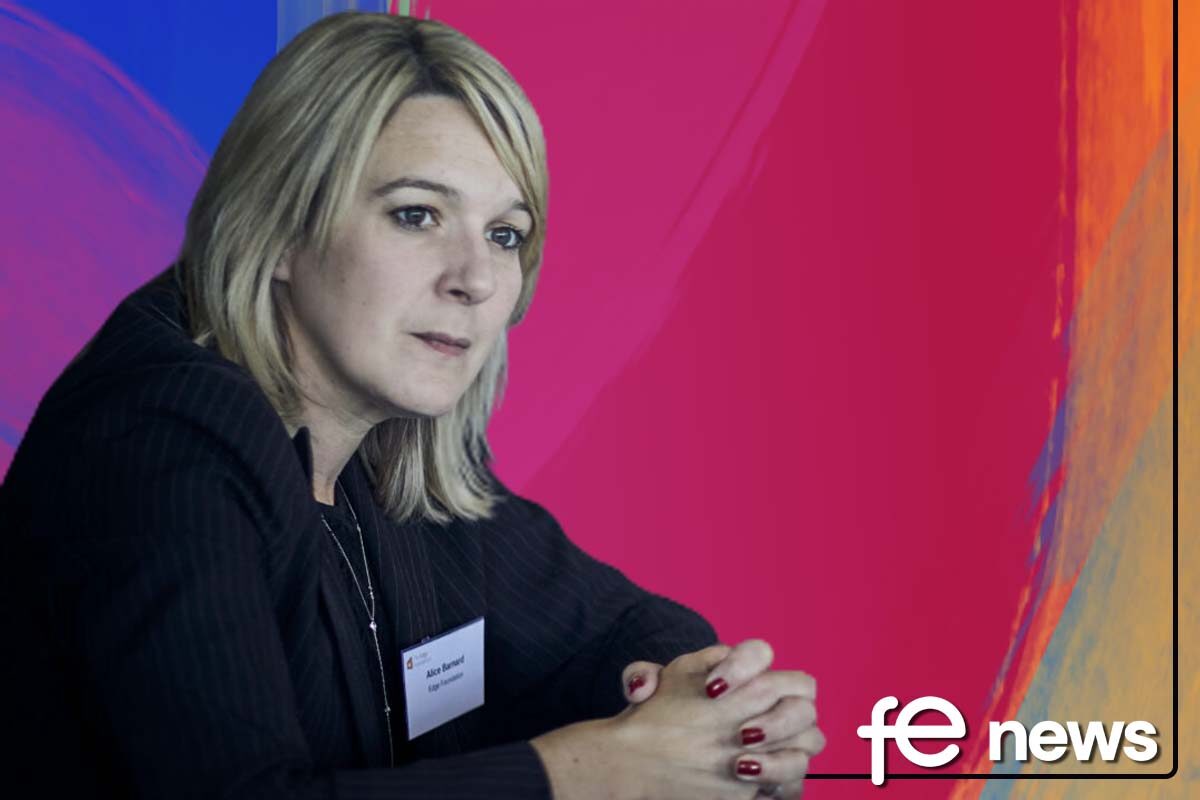
England’s education system not only needs to prepare young people better for the future, it also has to be fairer, providing them with equal opportunities regardless of gender, background, colour or creed.
Several important commissions and working groups have been tasked with tackling this challenge. Edge’s recent Commission Showcase Seminar welcomed five excellent commission chairs to share their findings and recommendations.
I had the challenging job of drawing out the key themes and issues from across the discussion – assessment and qualifications proved to be a keystone. The system’s present obsession with exams drives how the curriculum is both shaped and delivered. While this is a clear case of the tail wagging the dog, it does suggest that the most pragmatic way to incentivise change is to first broaden our approach to assessment. Here’s what two key industry groups are doing about it.
New frameworks from the Independent Assessment Commission (IAC)
“England needs a qualifications system that recognises what different learners can achieve,” said Professor Louise Hayward, Chair of the IAC.
“Qualifications should support young people on a pathway towards a positive destination, be that in college, employment or university.”
The IAC’s report, released in February, explores best practice both regionally (in the devolved nations) and internationally, identifying ways in which England might move towards more equitable, reliable assessment measures. This could include, for example, presentations, oral examinations and other problem-solving approaches, alongside existing written exams.
Crucially, the report outlines a new qualifications development framework. This has three core aims. First, to help create a clear vision of what we want from our qualifications, i.e. what should they achieve? Second, five principles for designing a new system of qualifications and assessment and ensuring that this works as intended once implemented. The aim here is to mitigate a common issue in some international systems, which are often littered with well-intended ideas that have diverged from their original aspirations.
Finally, the report offers ten recommendations for beginning this process. These are deliberately practical, emphasising evolution over revolution, and refusing to sacrifice one generation of young people – by implementing untested experimental approaches – for the benefit of the next. In short, the framework is both pragmatic and evidence-driven.
“The world is changing at a rate that societies have never seen. Young people need to become flexible, creative, lifelong learners,” Louise said. The IAC’s framework aims to diversify qualifications and encourage young people to investigate and deepen their understanding of issues that are important to them, whatever they go to do.
Rethinking Assessment’s Learner Profile
Peter Hyman is a founding member of the Rethinking Assessment movement, a coalition of educational leaders and other key stakeholders, including Edge. Launched 18 months ago, the group’s initial aim was to identify and agree on the core issues around current approaches to assessment. A key finding was the need to broaden both what we assess and how we assess it – so far, so familiar!
Since then, Rethinking Assessment has been shaping a new learner profile, which will be used to implement and pilot new approaches. The goal is to gather enough evidence to advocate for wider policy change.
The first function of this layered learner profile is to recognise and define the fundamental attributes that young people need in the 21st century. At a high level, this involves learners creating an individualised and reflective personal statement, exploring what they want to do, where their strengths lie, and so on. This will then feed into a multi-modally assessed framework that measures attributes like creative thinking, collaboration, communication (or oracy) and zest for learning (things like resilience, reflection, resourcefulness).
The profile’s broader aim is to map out new potential qualifications, underpinned by literacy, numeracy and digital skills, using both academic subjects and multidisciplinary study. These would incorporate various assessment techniques, such as classroom-based assessment, real-world learning, traditional exams and a rigorous extended project to help young people develop their interests and skills in an area of their choosing.
All this work would culminate in a portfolio that young people can use to access further and higher education, or the workplace. Rethinking Assessment is already partnering with universities and employers to ensure this portfolio has currency and credibility. While it is still early days, hundreds of schools have shown interest in taking part in the learner profile pilot – testament, if nothing else, to the clamour for change.
Practical steps forward
Our commission panel has made clear the case for new approaches to assessment. What’s now needed is to implement new ideas, gathering evidence of success, and identifying areas for improvement, in order to advocate for broader system change. While a few vocal stragglers may still disagree with the need for reform, the likes of the IAC and Rethinking Assessment demonstrate that change is not only possible, it is already underway. Let’s make education relevant, reliable and equitable for all.
Alice Barnard is Chief Executive of the Edge Foundation
Watch the full panel discussion and Q&A session here.

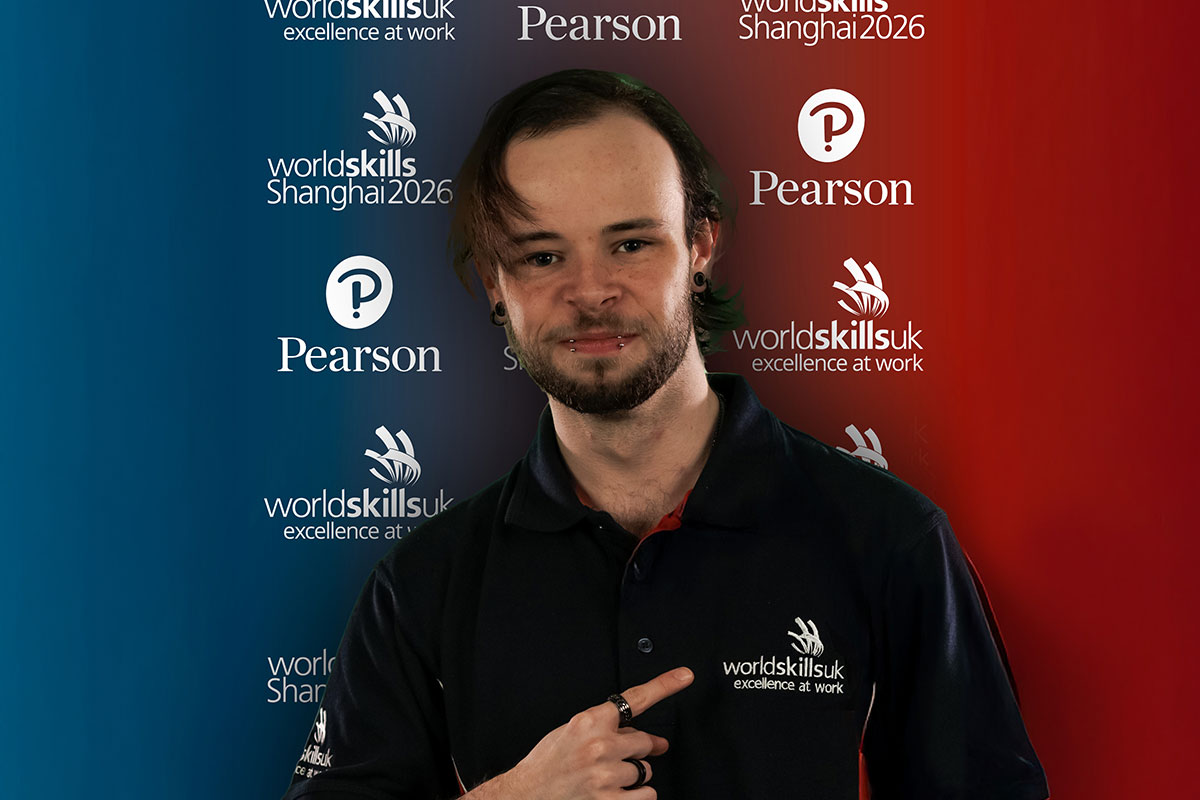
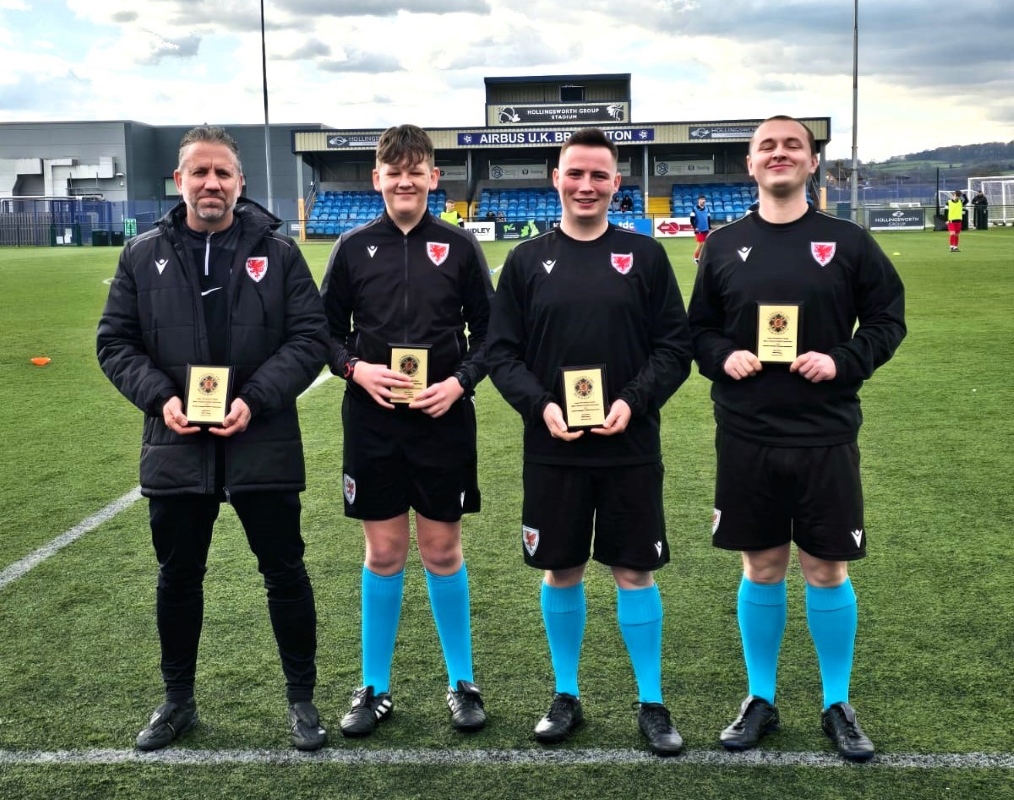
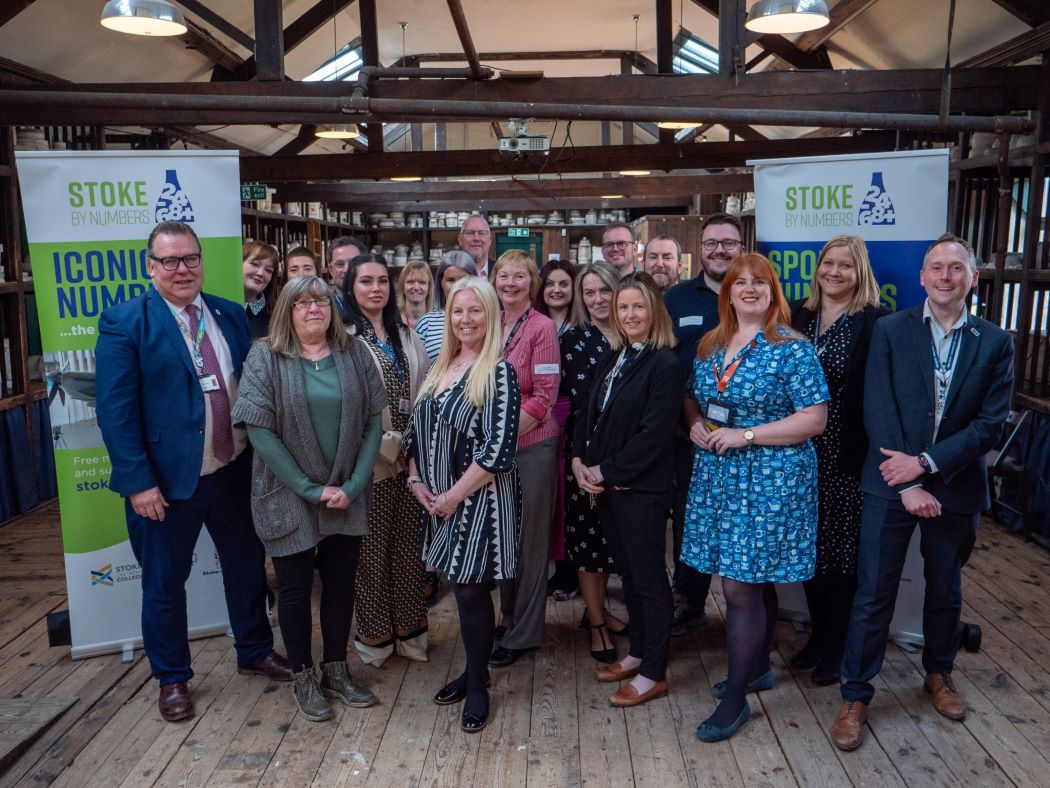



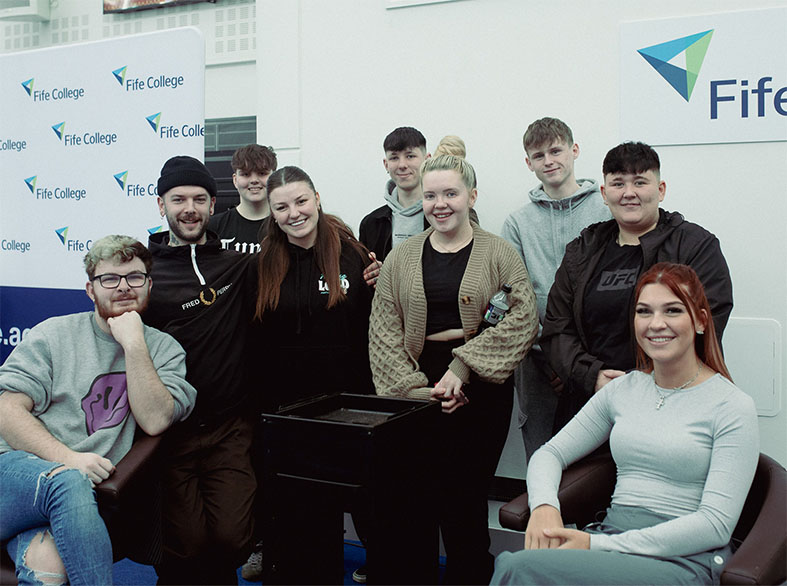


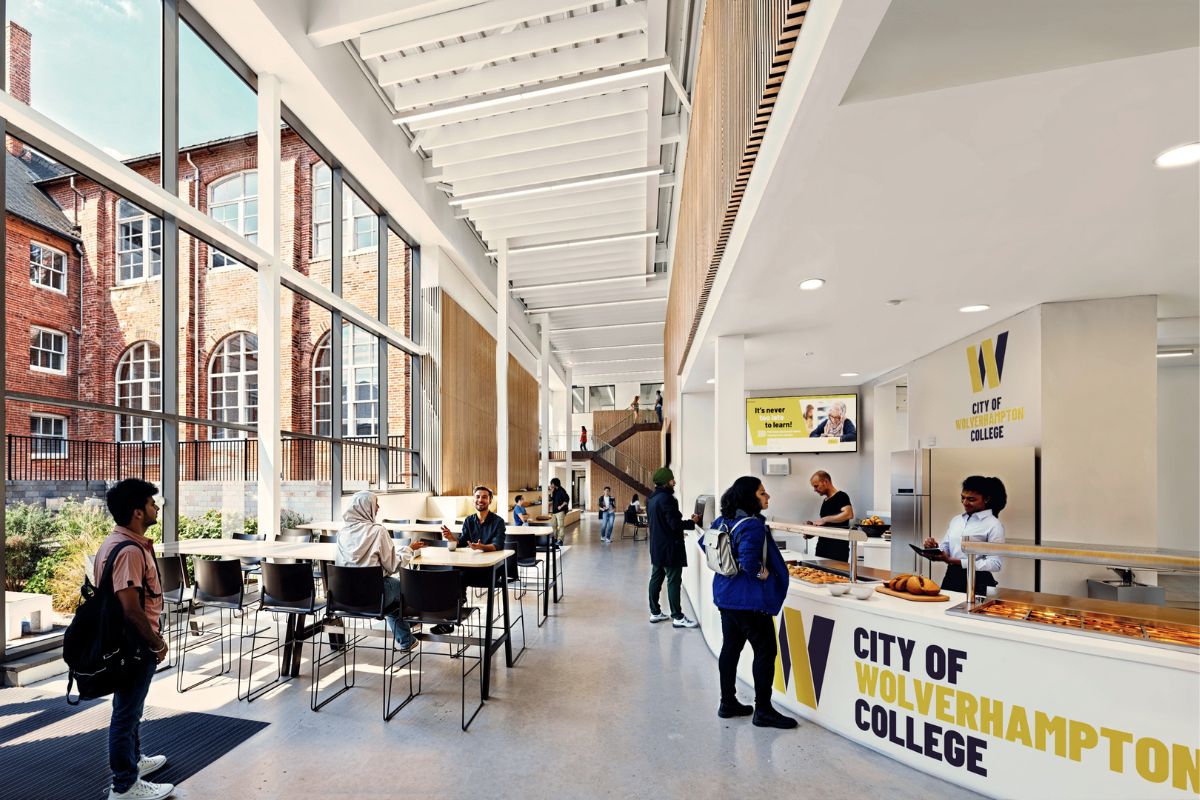
Responses